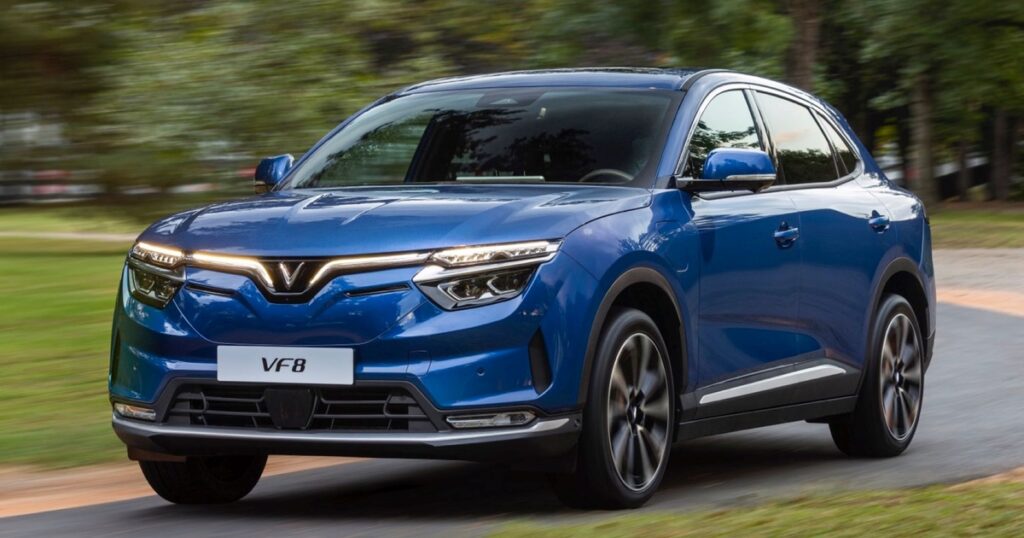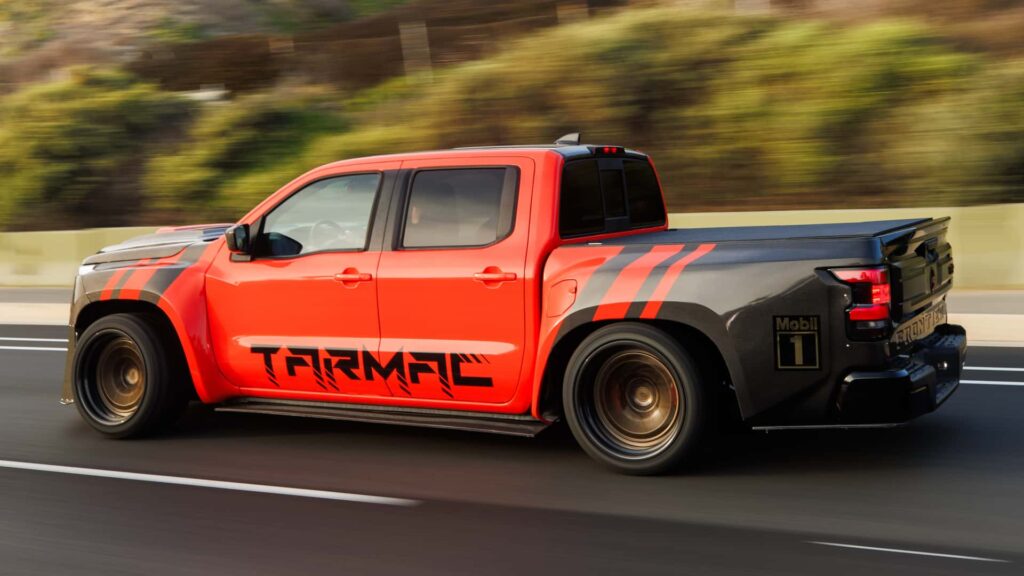VinFast secures an infusion of $1.4 billion from its parent company and an additional $2.1 billion from its chairman, billionaire Pham Nhat Vuong, propping up the struggling Vietnamese BEV maker.
The company is battling in export markets, including the U.S., to achieve name recognition or meaningful sales despite offering ultra-cheap leases, a strategy also being employed by other automakers to move excess BEV inventory this Fall.
As of Nov. 12, VinFast has not publicly disclosed specific sales figures for the U.S. market in 2024. The company reported global deliveries of 9,689 units in Q1 2024; 13,172 units in Q2; and 21,912 units in Q3, totaling 44,773 EVs sold worldwide in the first three quarters of the year. But about half of those sales were to VinFast-related companies.
The company says it is now in a growth phase and has shifted its focus to “boosting sales across all markets and optimizing its cost structure.”
VinFast has been actively expanding its presence in the U.S. market. In April, the company announced agreements with 12 new-car dealers across seven states, bringing the total number of U.S. dealerships to 18. In markets where it has dealers, it has been running TV ads on stations such as CNN during election coverage.
VinFast vehicles are being offered so cheaply that they’re hard for people looking for inexpensive transportation to ignore. A current offer on a new 2024 VinFast VF 8 Eco, its 2-row, entry-level midsize CUV, is a monthly lease payment of $199 per month for 36 months, no down payment and no security deposit.
WardsAuto recently tested a VF 8 Eco in San Francisco.
Driving the VF 8 Eco
The interior is spare by design, featuring a prominent 15.6-in. (40-cm) touchscreen in the center console that is responsible for most of the car’s functions, which may not suit drivers who prefer physical controls. However, the cabin itself is roomy, with good headroom and legroom, especially in the front, and ample cargo space for a CUV in this class.
The VF 8 Eco is powered by a dual-motor setup, delivering about 349 hp and offering decent acceleration from a standstill as we drove it within the city limits. It feels decently responsive and agile, but it also demonstrates excessive lean when going around corners. In-cabin noise is well above average. The steering is, in short, a mess with a feeling so cheap that it makes us wonder if it could fail at an inopportune time. The sound system is awful, with as much white noise coming out of the speakers as Yo-Yo Ma’s cello playing on our jaunt around the city known for cable cars and steep hills.
The VF 8 Eco offers an estimated range of about 260 miles (418 km) on a full charge, which matches reasonably well with other BEVs in its price range. Charging time depends on the power source; using a 150-kW DC fast charger can bring it from 20% to 80% in about 30 minutes.
The standard VF 8 produces 402 hp and an estimated 243 miles (391 km) of range for the Plus trim.
Tech-wise, the VF 8 Eco comes with a suite of standard safety and driver-assistance features, including adaptive cruise control, lane-keeping assist and emergency braking. The large touchscreen houses most of the controls, including the infotainment system, which supports both Apple CarPlay and Android Auto. We missed physical controls, but perhaps drivers having to only pay $199 per month won’t care much.
Read WardsAuto: How Vinfast Can Avoid Fisker’s Fate In The U.S.
VinFast is also selling in the U.S. the VF 9 3-row CUV, whose propulsion system produces 402 hp and has a range of 330 miles. (531 km). The offer on the VF 9 is monthly lease payments of $529 for 24 months, with $3,224 due at signing and annual 10,000-mile (16,093-km) allowance.
The company has postponed the launch of its planned $4 billion manufacturing facility in Chatham County, NC, until 2028, citing uncertainties in the global EV market.
VinFast went public through a merger with a special purpose acquisition company (SPAC) in August 2023. The stock surged following the IPO, with shares increasing by approximately 700% at one point, driven by investor enthusiasm for the EV sector and the company’s ambitious growth plans.
After the initial surge, VinFast shares declined sharply. The stock currently is trading at about 90% below its peak.
In April, a federal securities class-action lawsuit was filed against VinFast on behalf of shareholders. The lawsuit alleges that the company made misleading statements regarding vehicle delivery projections and funding capabilities, leading to financial losses for investors. VinFast has denied these allegations, stating that they are “baseless.”


